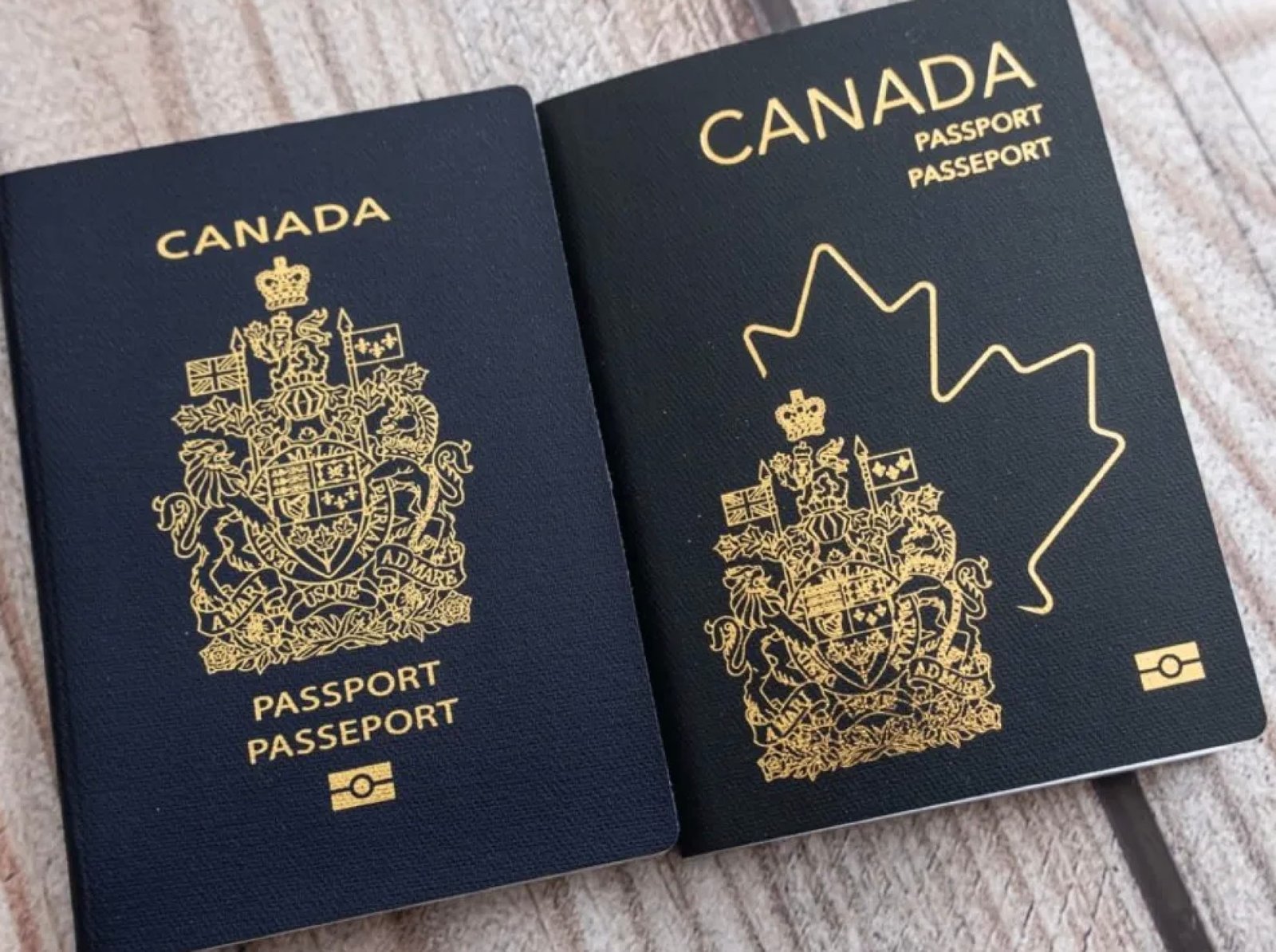by Cristina Zohil-Morton
Share
by Cristina Zohil-Morton
Share

Canada offers diverse employment opportunities for foreign nationals, making it one of the most attractive countries to live and work in. However, to begin working in Canada, you need to secure the proper work permit. This article will guide you through the two main types of work permits available in Canada – open work permits and employer-specific work permits – and help you determine the best option for your circumstances.
What Are the Types of Work Permits in Canada?
Open Work Permits
An open work permit offers greater flexibility than an employer-specific work permit. With this type of permit, you can work for any employer, in any job position, and at any location in Canada. However, there are specific circumstances under which you can apply for an open work permit.
Eligibility for an Open Work Permit
There are only 12 circumstances that allow individuals to apply for an open work permit, including:
- Spouses or common-law partners of international students in Canada.
- Family members of certain foreign workers already in Canada
- Individuals who have an employer-specific work permit but are at risk of abuse in the workplace
For a full list of eligibility criteria and to determine if you qualify, visit the official IRCC help centre.
Employer-Specific Work Permits
An employer-specific work permit ties you to a particular employer and job. The details of this permit will include information such as:
- Employer’s name
- Job title
- Work location
- Date of issue and expiration
- Any specific conditions imposed on your stay in Canada
LMIA Exempt vs. LMIA Required Work Permits
In order to apply for an employer-specific work permit, you must have a valid job offer. There are two categories of employer-specific work permits:
- Labour Market Impact Assessment (LMIA) Exempt: Certain eligibility criteria allow you to bypass the LMIA requirement, processed under the International Mobility Program (IMP).
- Positive LMIA: A positive LMIA indicates that there are no Canadian workers available to fill the position. In this case, the employer must apply for an LMIA, which is a separate process.
For more detailed information about LMIA exemptions, refer to IRCC’s LMIA help centre.
What to Do Now? Reach Out to Our Immigration Experts
Whether you’re relocating to Canada to work with your current employer or bringing your family with you, the process of obtaining a work permit can be complex. At Zohil-Morton Law, we can help you navigate your Canadian work permit application process, ensuring a smooth and swift transition while relocating to Canada. Reach out to us here or contact Cristina Zohil-Morton, Founding Lawyer of Zohil-Morton Law, a Canadian immigration law firm, directly at cristina@zomolaw.ca to discuss your immigration plans and next steps. Our goal is to have you working in Canada as soon as possible!
Why We Partner with THE MAC Group
We assist with work permits, while THE MAC Group assists with accommodations, Toronto real estate, including buying, leasing or selling and relocation and destination services. They are our trusted partner, and our communal goal is to make your Canadian immigration process seamless and quick.
STAY IN THE LOOP





